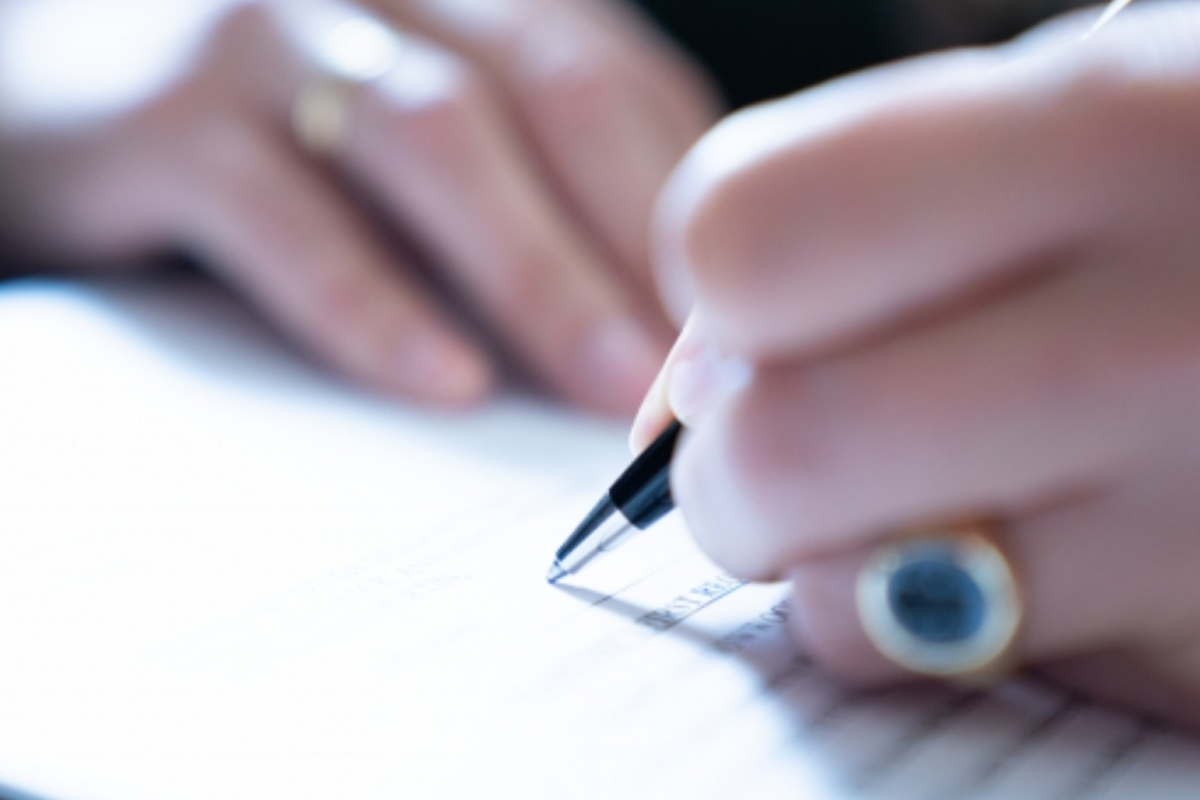Defamation Law: Understanding the Differences Between Libel and Slander
What is libel or slander?
Libel and slander are two forms of defamation. Libel is a written statement in which someone publishes false or damaging information about someone else. Slander is a spoken statement in which a person spreads false or damaging information about someone. The statements must result in harm to the person’s reputation.
However, there are some exceptions to these laws that allow people to speak openly and honestly about someone else without being liable for libel or slander. For example, speaking the truth is an absolute defense against defamation claims; as such, if what is said can be proven true, then a person cannot be held liable for libel or slander. Additionally, certain types of speech are protected under freedom of speech laws, depending on the context in which it is spoken and the type of audience to which it is directed to.
Understanding the differences between libel and slander can help protect you from getting involved in a legal dispute. It is important to be aware of the laws in your state or country when making any kind of statement about someone else, as the consequences can be serious. If you are ever unsure, it is always best to seek legal advice before proceeding. This will ensure that you stay within the law and protect yourself from potential claims.
What are the consequences?
The consequences of libel or slander can be severe. Depending on the circumstances, a person found to have committed libel or slander may be liable for damages to the victim’s reputation and emotional distress, as well as punitive damages in some cases. It is always wise to consult with a lawyer if you feel that you have been wronged by libel or slander, as there may be legal remedies available.
In either case, it is illegal to publicly or maliciously make false statements about someone else without any legal justification. Depending on the jurisdiction, a person may face jail time or hefty fines if they are found guilty of making false statements with malicious intent. It is important to understand that even though certain types of speech are protected under freedom of speech laws, malicious lies are not. Libel and slander can result in civil liability as well as criminal penalties. If someone suffers financial losses or emotional distress due to libelous or slanderous remarks, they may be able to sue for damages.
Overall, it is important to be aware of the consequences of libel or slander before speaking about someone else in any kind of public setting. Respect for others’ reputations and understanding the laws around defamation can go a long way toward protecting both your own reputation and that of others.
When should you see a lawyer about libel or slander causing injury to reputation?
If you believe that someone has made a false and damaging statement about you that has harmed your reputation, you should consider consulting with a lawyer. A lawyer can help assess the situation and advise you on whether or not it is worth pursuing legal action. Depending on the circumstances, there may be multiple avenues of recourse available.
A lawyer can also help protect you from potential defamation claims by making sure that any statements you make are within the boundaries of the law. Understanding the laws and consequences surrounding libel or slander can go a long way toward protecting both your own reputation and that of others.
If you are worried that you are a victim of libel or slander or have committed either, you should contact us at The Markarian Group.


